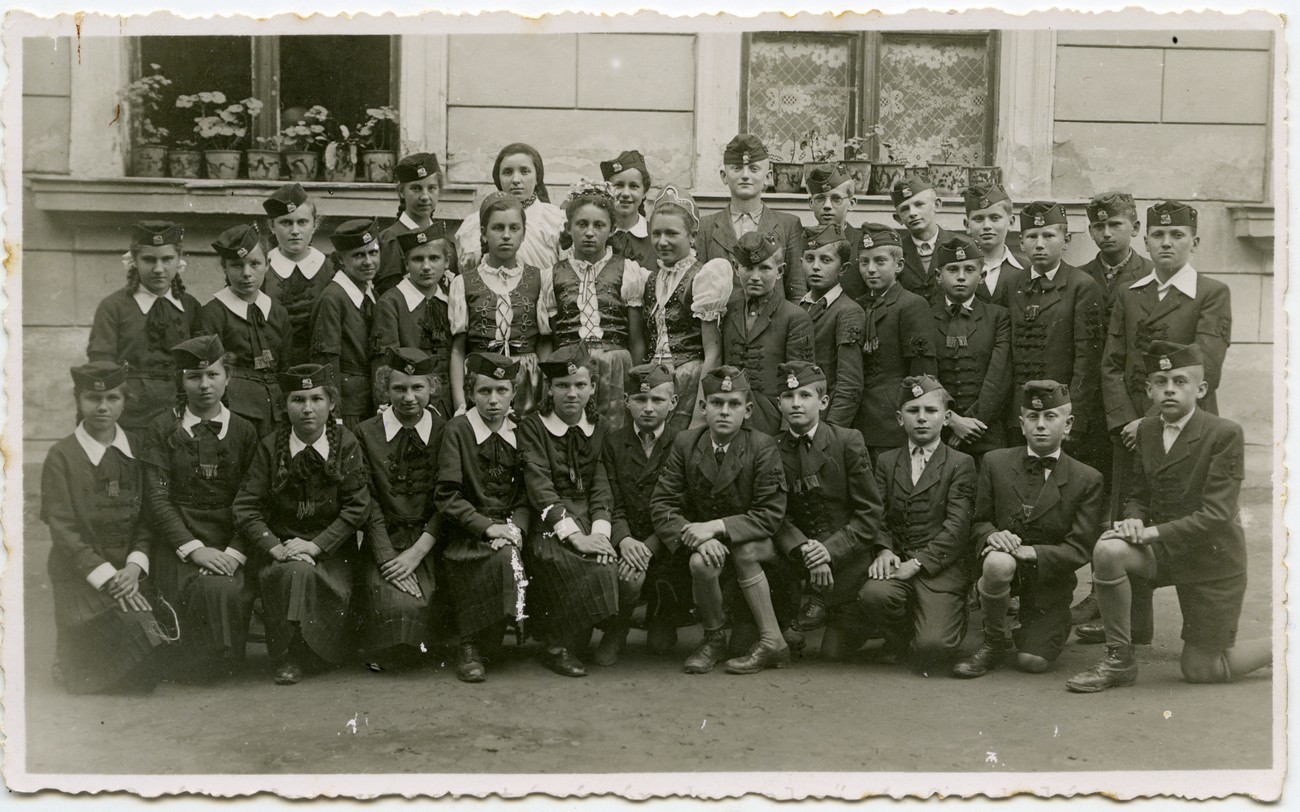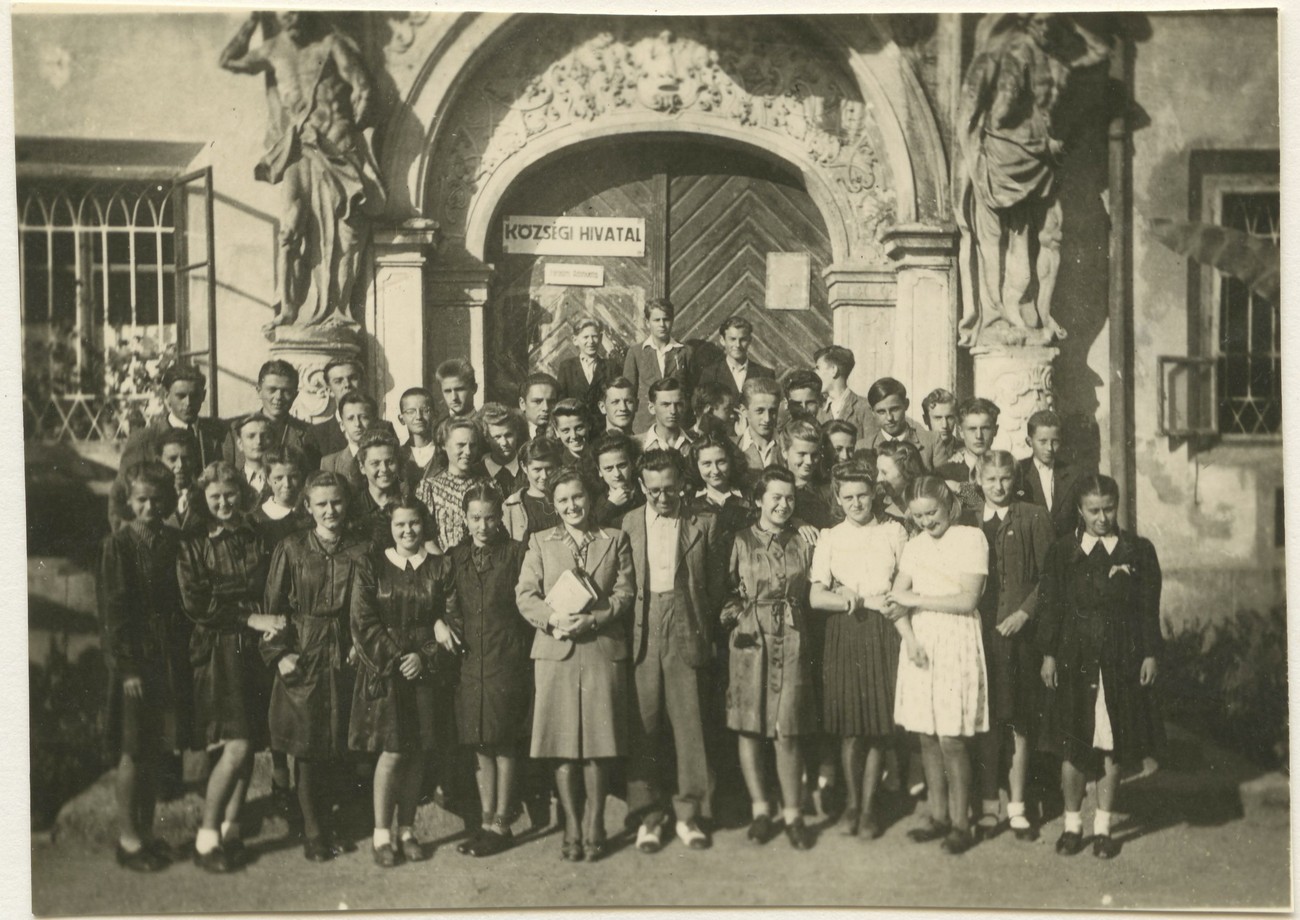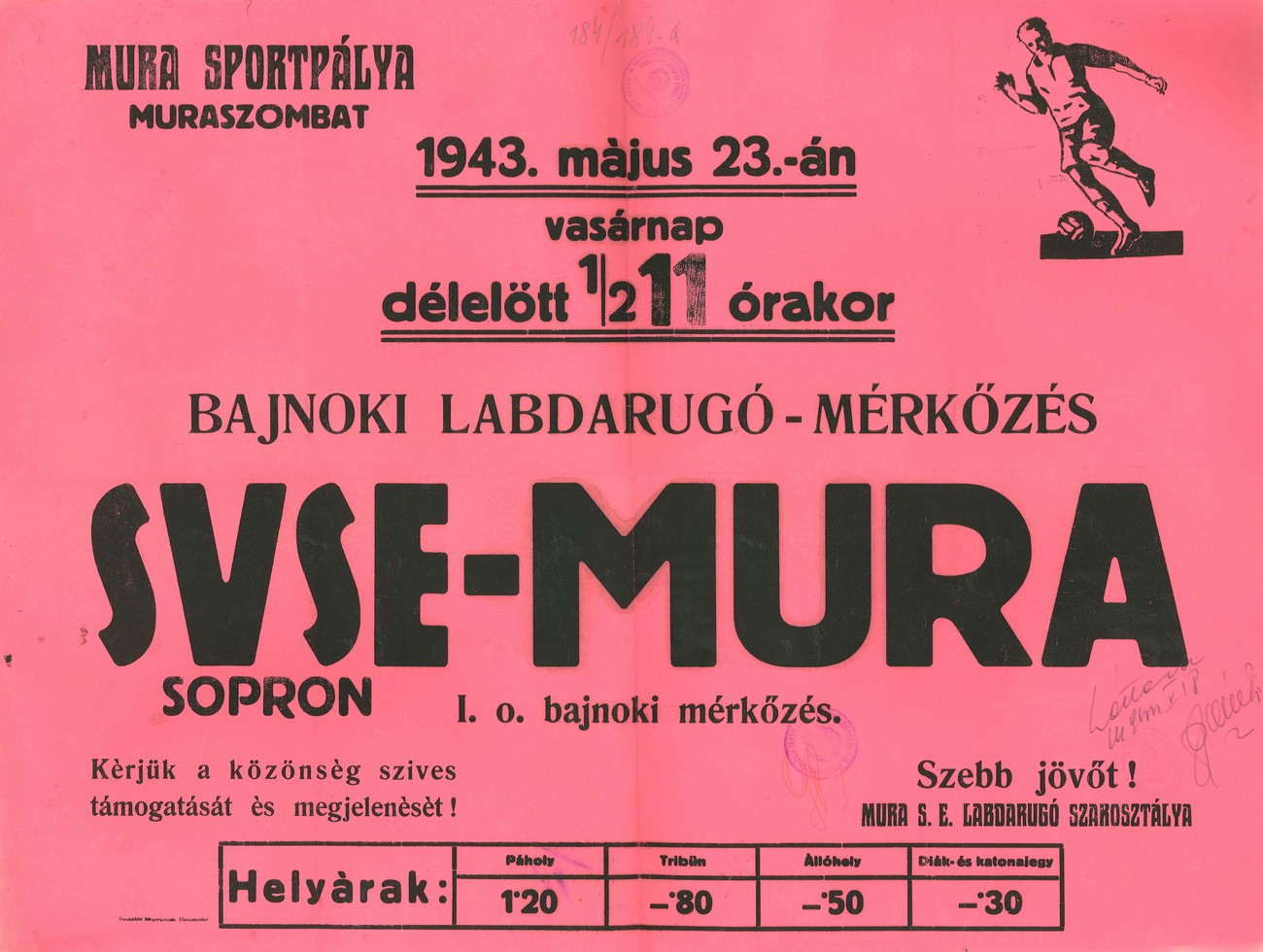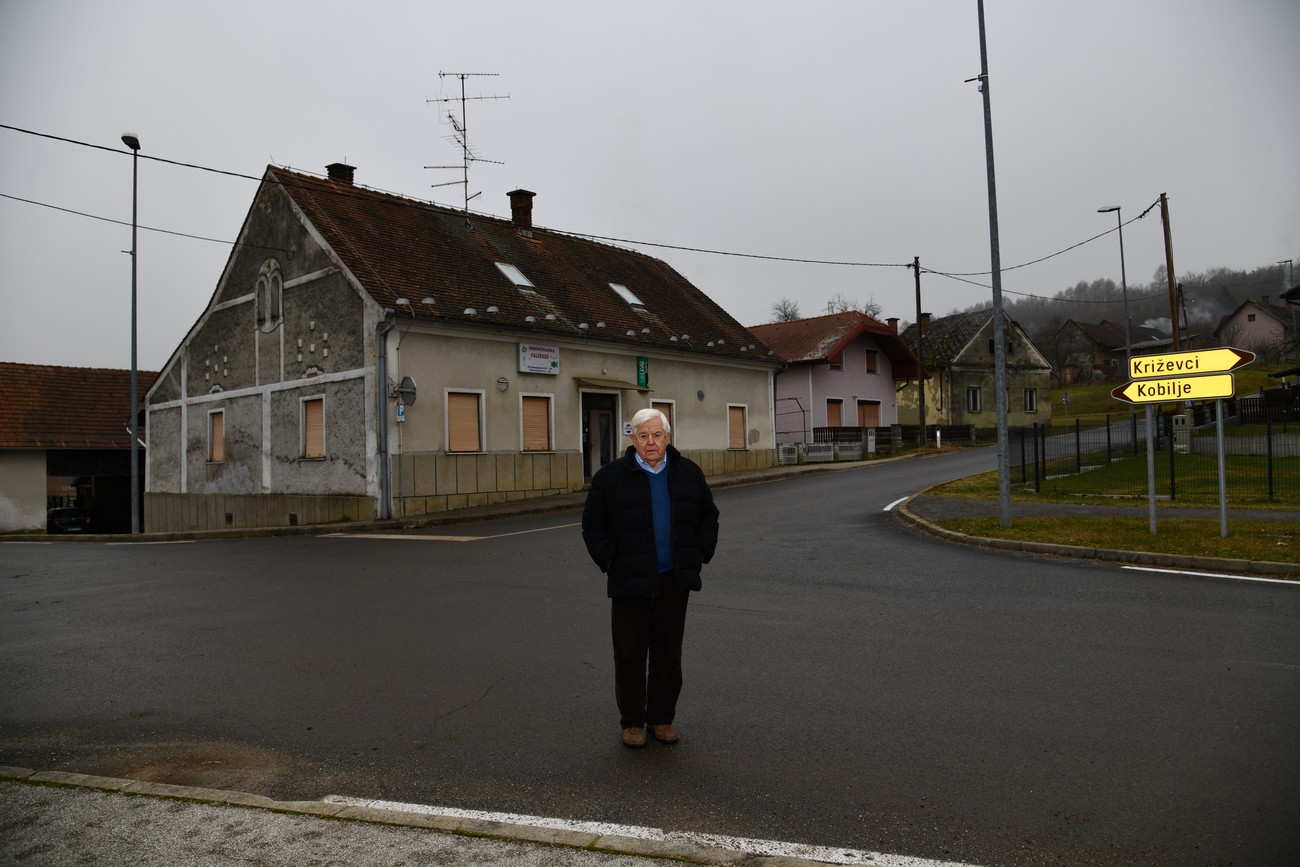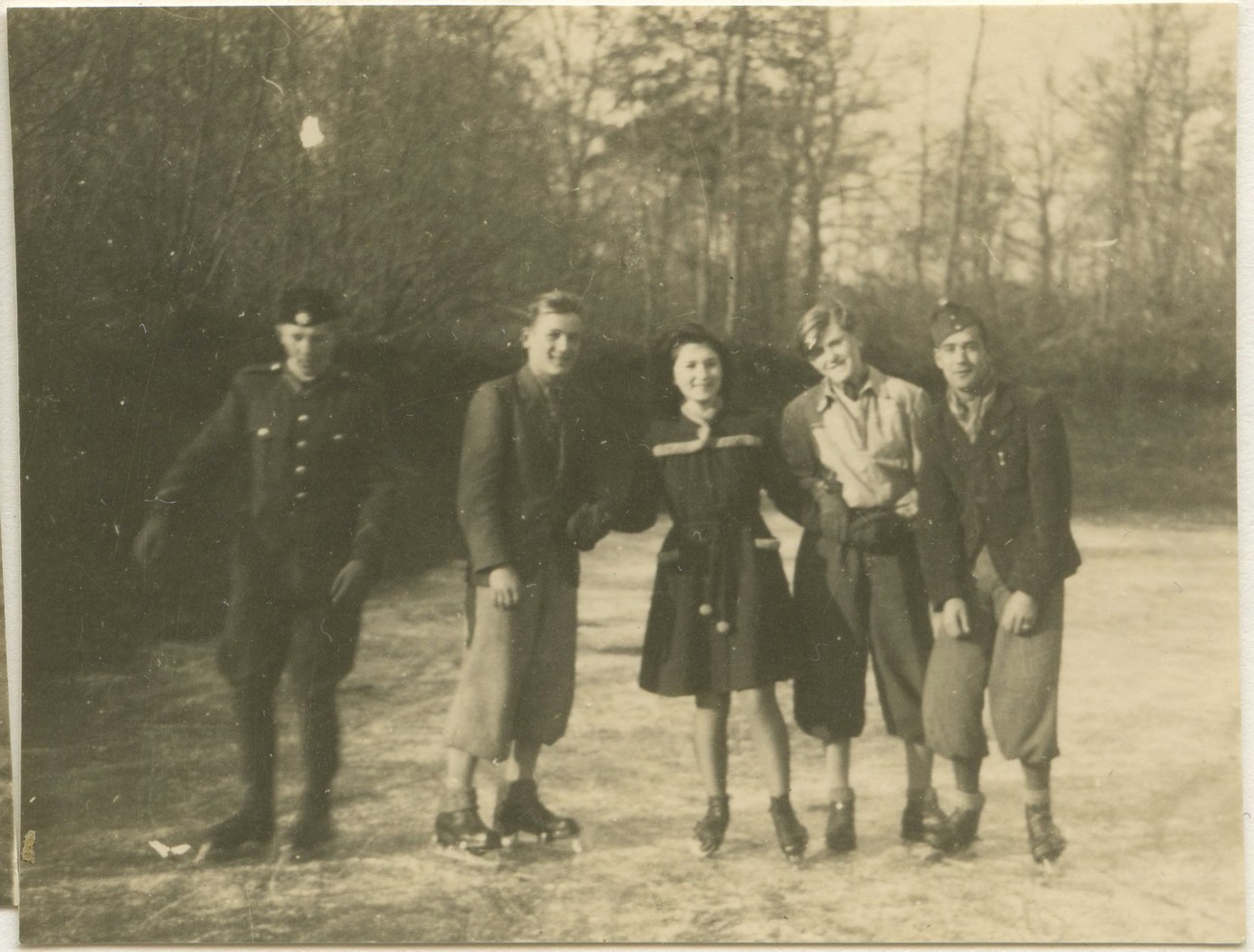After taking over the authority from the Germans, Hungary restored the pre-1918 conditions. Places, streets, and squares were renamed. Hungarian was reintroduced in schools and public institutions, while Slovenian teachers and officials were fired, many even convicted for silent resistance. Forced mobilizations, both military and labor, were part of everyday life. Slovenian books were removed from libraries, while the Magyarization was promoted by the Hungarian Educational Society of the Wendish Region and the central weekly newspaper Muraszombat és vidéke (Murska Sobota and its surroundings). Slovenian priests were transferred to Hungarian parishes. Cultural and sports associations organized performances and events in the Hungarian language, and cinemas showed Hungarian and German movies. At the same time, Germany gained a great deal of influence, especially in the field of economy and trade. Among other things, Hungary and Germany signed an agreement to supply Germany with all oil extracted in Prekmurje and Međimurje during the war, based on the concession.
